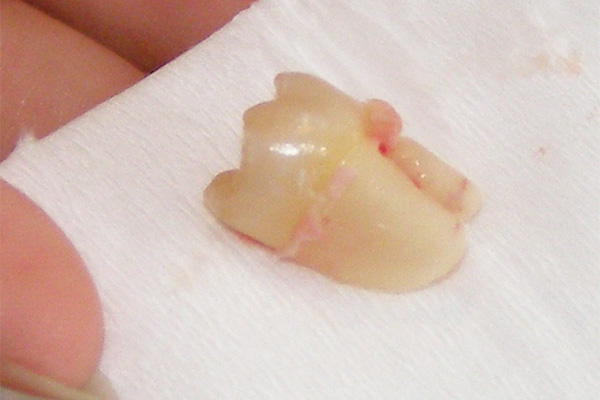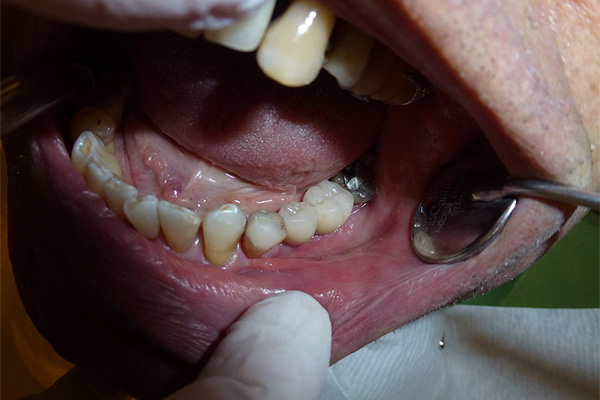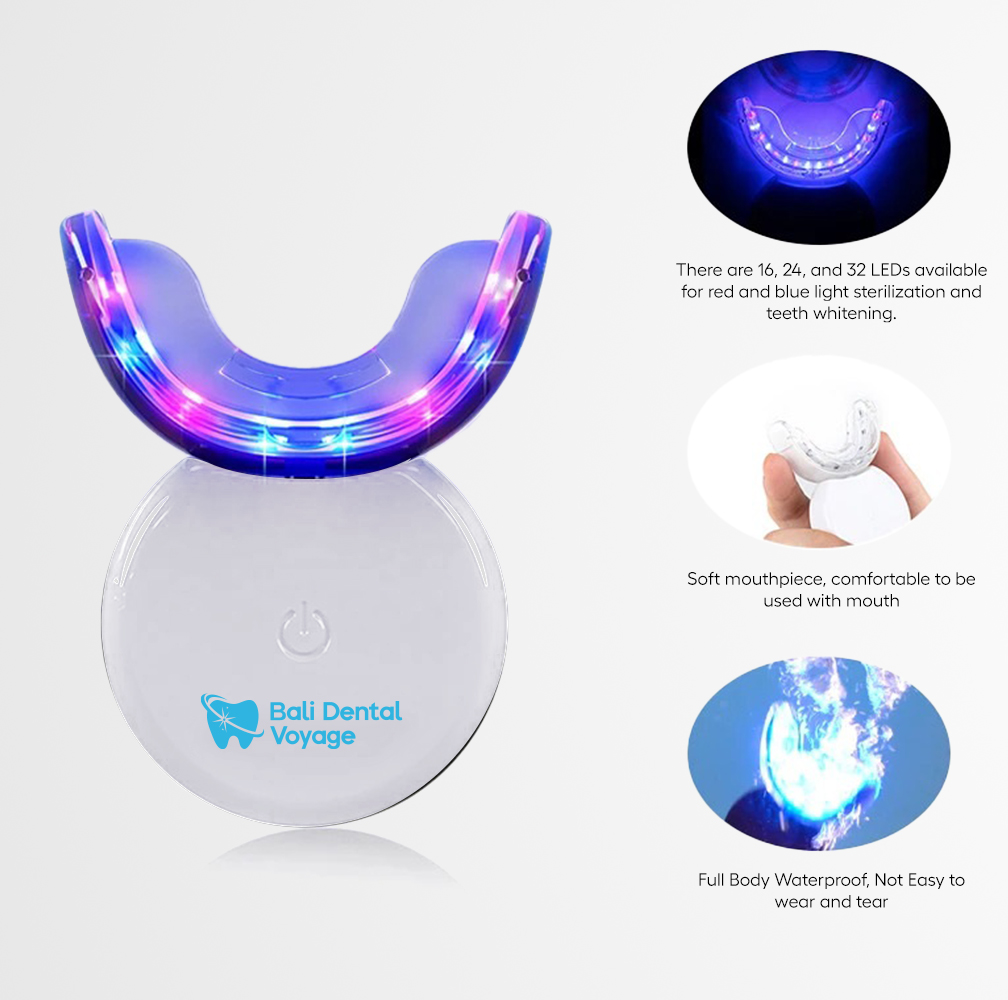
Severe tooth decay is a prevalent dental condition characterised by the extensive destruction of the tooth’s structure. It results from the prolonged neglect of oral health, leading to the demineralisation of the tooth enamel and dentin.
The primary causes of severe tooth decay include:
- Poor oral hygiene
- Consumption of a high-sugar diet
- Accumulation of dental plaque
Failing to brush and floss regularly allows bacteria to thrive on the teeth surfaces, producing acids that erode the tooth enamel. Regular consumption of sugary foods and drinks provides an ideal breeding ground for these bacteria.
Table of contents:
- Tooth Decay Extraction
- Extracted Tooth Replacement Options
- Why Tooth Decay Is Black
- Tooth Replacement Implant
Over time, they form a sticky layer called plaque which further exacerbates the decay. Symptoms of severe tooth decay can range from tooth sensitivity to hot or cold food and drinks, persistent tooth pain, and noticeable discolouration of the affected tooth.
These signs should not be ignored as they indicate a significant deterioration of oral health.
Tooth Decay Extraction
Severe tooth decay, if left unchecked, can lead to a dire situation where the tooth becomes irreparable. In such cases, tooth decay extraction becomes a necessary procedure.
This involves the removal of the affected tooth from its socket, usually performed by a general dentist or an oral surgeon. There are instances when traditional treatments like fillings and root canals may not be enough to salvage the tooth.
When decay has extensively damaged the tooth structure, making it weak or unstable, tooth decay extraction may be the only viable option. Importantly, timely extraction of a severely decayed tooth is essential to prevent further complications.
A badly decayed tooth can pose a risk of the infection spreading to adjacent teeth or even into the bloodstream. Therefore, tooth decay extraction serves as a preventive measure to maintain overall oral health and well-being.
Extracted Tooth Replacement Options

Following a tooth decay extraction, replacing the missing tooth is crucial to restoring function and aesthetics.
There are several extracted tooth replacement options available, including:
- Dental implants
- Bridges
- Dentures
Dental implants are often regarded as the gold standard for extracted tooth replacement. They provide a strong, durable solution that closely mimics natural teeth.
However, they require healthy gums and sufficient jawbone density, and the cost can be prohibitive for some patients. Bridges, both fixed and removable, are another option.
They can be made from a variety of materials, such as acrylic resin, porcelain, or metal. While less invasive and more affordable than implants, bridges may not last as long and can put a strain on adjacent teeth.
Dentures offer a removable solution that can be partial or full, depending on the missing teeth. While they are the most affordable option, they may not offer the same level of comfort and stability as other options.
Ultimately, the best choice depends on individual circumstances and preferences. Therefore, a thorough consultation with a dentist is essential to determine the most suitable method of tooth replacement.
Why Tooth Decay Is Black
Many people often wonder why tooth decay is black. The primary reason for this discolouration lies in the activity of bacteria that feed on sugars left on the teeth, producing acids that destroy the dental enamel.
Initially, decay may manifest as white spots on the tooth surface, which indicate enamel demineralisation. As the decay progresses, these spots can turn into cavities and adopt a darker appearance.
The depth of the cavity, combined with the presence of decaying organic material, can cause the tooth to appear black. So, why tooth decay is black is mainly a result of prolonged bacterial activity and enamel destruction.
This highlights the importance of early detection and treatment of tooth decay. Regular dental check-ups, along with good oral hygiene practices, can prevent the progression of decay and avoid the disconcerting sight of black teeth.
Tooth Replacement Implant

Tooth replacement implants are a popular and effective solution for missing teeth due to severe decay.
These medical devices, surgically implanted into the jaw, not only restore a person’s ability to chew but also improve their appearance.
An implant replaces both the natural tooth and its root, providing stability and function akin to natural teeth. The progression of tooth decay from initial white spots to black discolouration underscores why tooth decay is black.
This discolouration is indicative of prolonged bacterial activity and enamel destruction that eventually leads to tooth loss. Hence, understanding why tooth decay is black can aid in early detection and treatment.
It’s crucial to seek professional dental care at the onset of tooth decay to prevent further complications. Bali dental clinic offers a range of dental services, including tooth replacement implants.
If you’re concerned about the Bali Dental implant cost, rest assured we offer competitive pricing without compromising on quality. Don’t let black tooth decay rob you of your smile; contact us today for a consultation.




